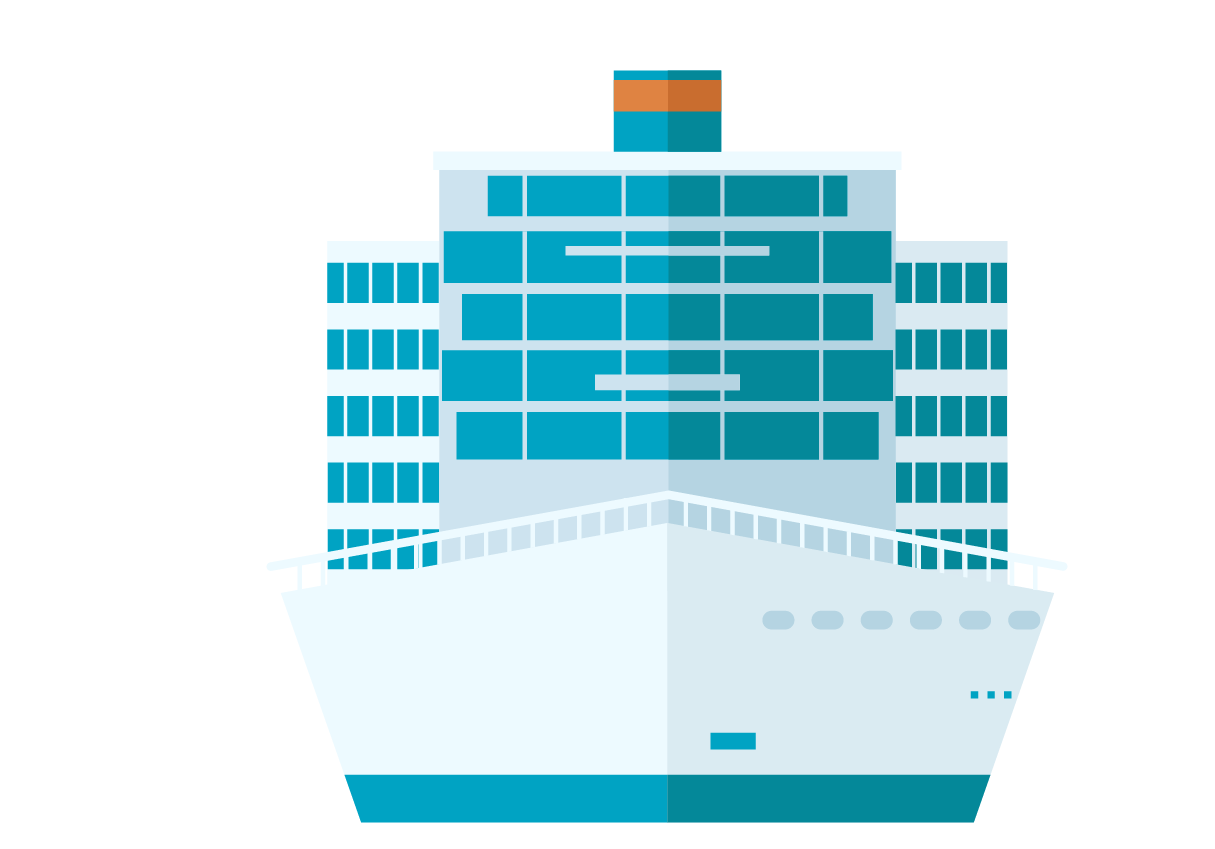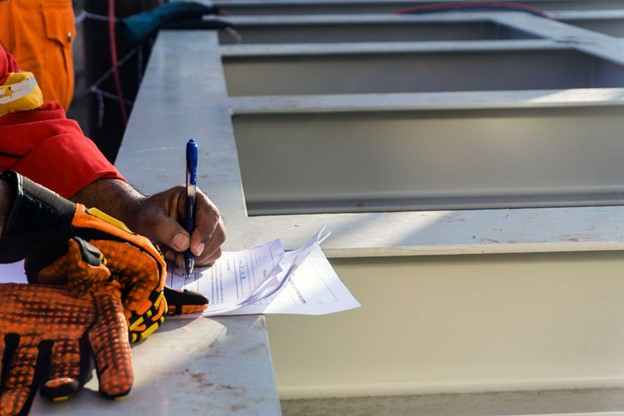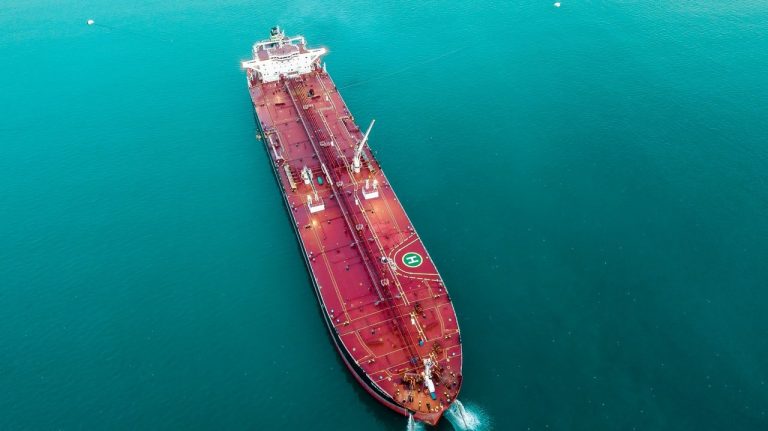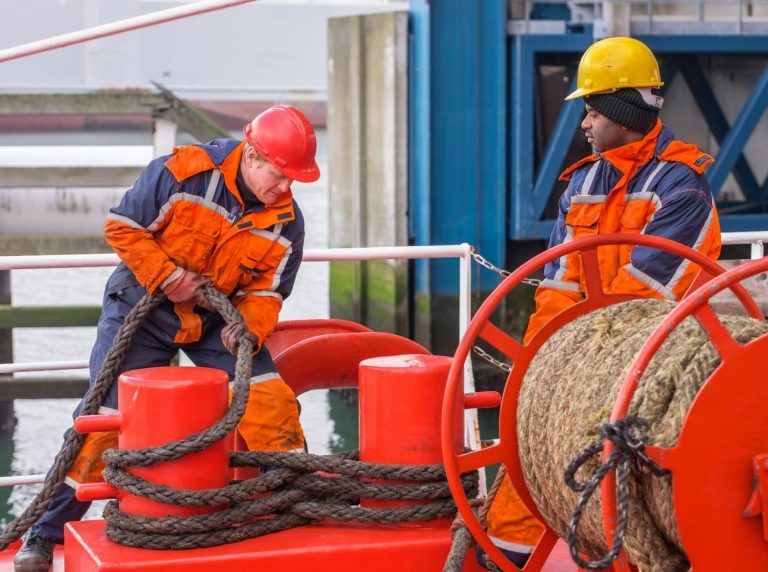The International Ship and Port Facility Security Code, or ISPS, protects ships and ports from being used in terrorist activity. Since 2004, ISPS has been the standard by which all 148 contracting parties of SOLAS must comply; this includes passenger and cargo ships.
Responsibility for Meeting ISPS Requirements
Governments, ports, and ships are all responsible for meeting ISPS requirements. The government must set security levels and provide guidance, while ports and ships must act upon them with sufficient training and security assessments, among other responsibilities. They also must do so with the least amount of interference or delay.
Examples of ISPS Requirements
Ships and ports are required under ISPS to maintain communication protocols, prevent any entry of unauthorized devices or weapons, and, in addition, must maintain adequate records with regard to security issues. As well, they are required to use ISPS security levels when communicating any threat.
The neglect of a ship or port’s responsibility to maritime workers to meet ISPS requirements could result in serious consequences. Check out this infographic from Maintenance and Cure attorneys for more information about ISPS, and how this framework for maritime security affects the rights of injured maritime workers.








